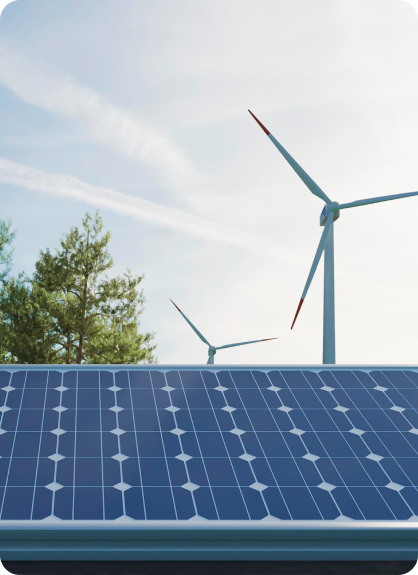
Share of Uttarakhand in national production of Generic Drugs.

Industrial units with 7 industrial estates across various regions, covering over 8000+ acres.

MSMEs and nearly 272 large enterprises provide direct employment to over 3,50,000 people.
State Potential
Climatic Advantage
Located at the foothills of the Himalayas, Uttarakhand has mountainous topography. The state is rich in natural resources, especially water and forests, with many glaciers, perennial rivers, dense forests, and snow-capped mountain peaks. Uttarakhand's climatic conditions range from hot and moist subtropical conditions in the southern region to cold alpine conditions in the northern reaches of the Himalayan mountain range. Warm and cool temperate climates persist over the areas between the southern and northern parts of the state.
The climate of Uttarakhand is sharply demarcated in case of two distinct divisions: the predominant hilly terrain and the smaller plain region. Two-thirds of the area is under forest cover that serves as a raw material for several economic activities through minor forest produce and rare species of aromatic and medicinal plants.

Latest Policies & Schemes
- Download
Uttarakhand Service Sector Policy 2024
- Download
The Uttarakhand Film Policy, 2024
- Download
The Uttarakhand Para Motor Aero Sports R…
- Download
Uttarakhand State Solar Policy, 2023
- Download
Uttarakhand Ayush Policy, 2023
- Download
Uttarakhand Logistics Policy, 2023
- Download
Uttarakhand MSME Policy, 2023
Major Investors
Focus Sectors of the State
01
Ayush

Rapidly growing, investor-friendly market with significant export potential, backed by government support and a strong focus on innovation and sustainability.
02
Tourism & Hospitality

India's tourism sector is a booming industry with immense investment potential, offering rich cultural experiences and supported by strong government initiatives.
03
Renewable Energy

Rapid shift to renewable energy, driven by ambitious targets and supportive policies, is unlocking immense growth potential
04
Food Processing

Invest in India's thriving food processing sector, driven by government initiatives, substantial FDI, and technological advancements, ensuring sustainable growth and profitability
05
IT-BPM

India's IT&BPM sector drives digital transformation, innovation, and economic growth, fueled by skilled talent, government initiatives, and disruptive technologies
Resources to Set-up Business in India
FDI Policy (Consolidated)
Aimed to capture and keep pace with the regulatory changes, effected in the interregnum
pdf








